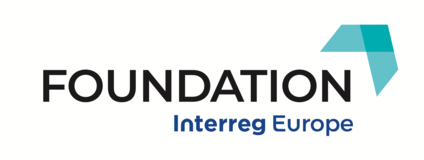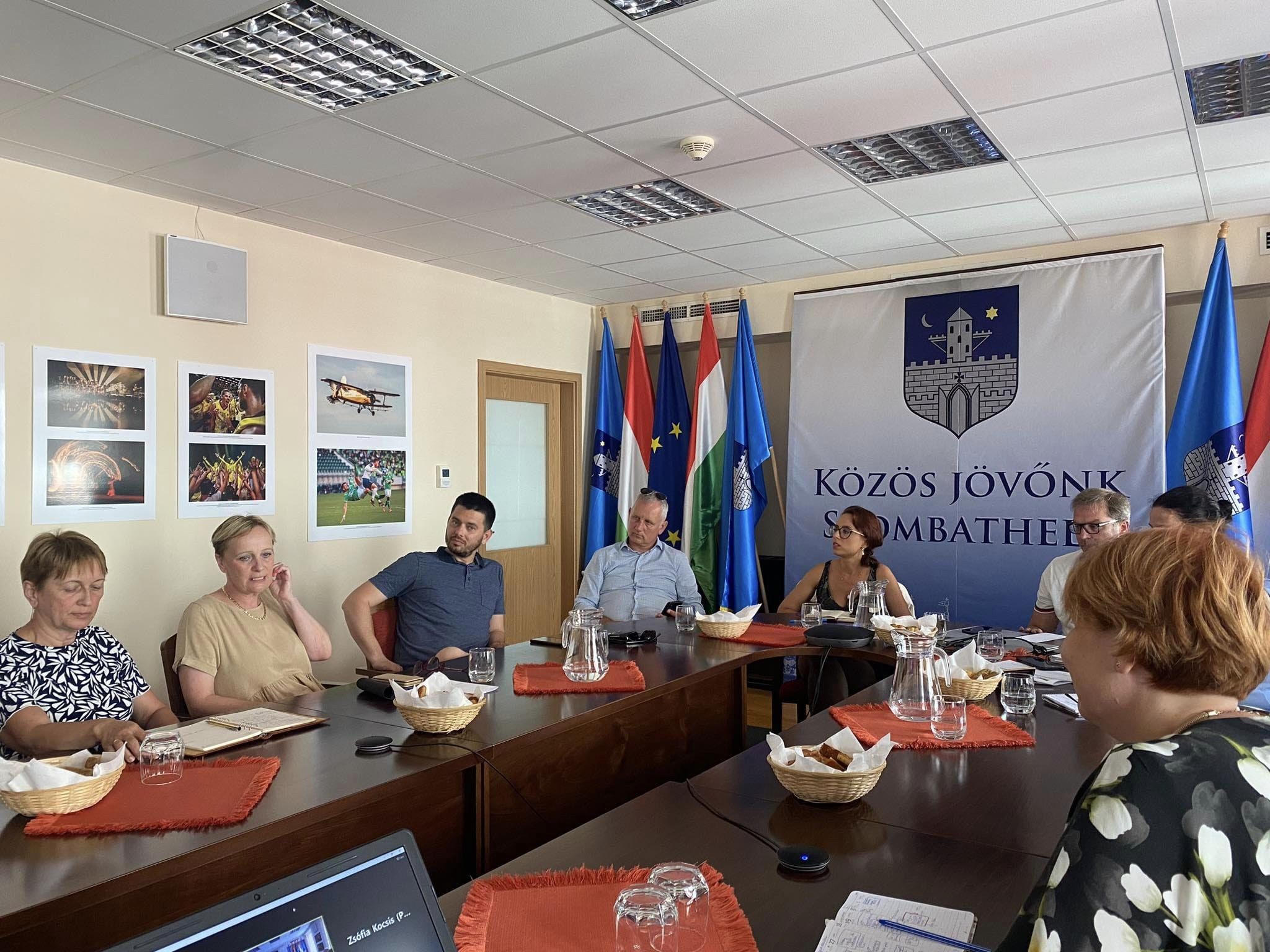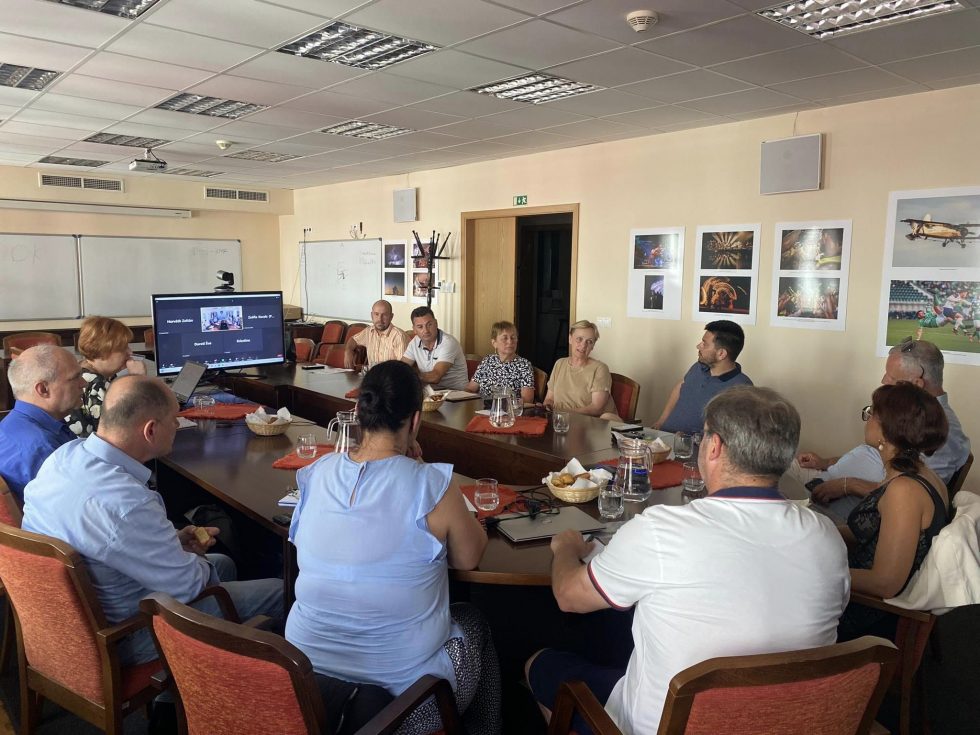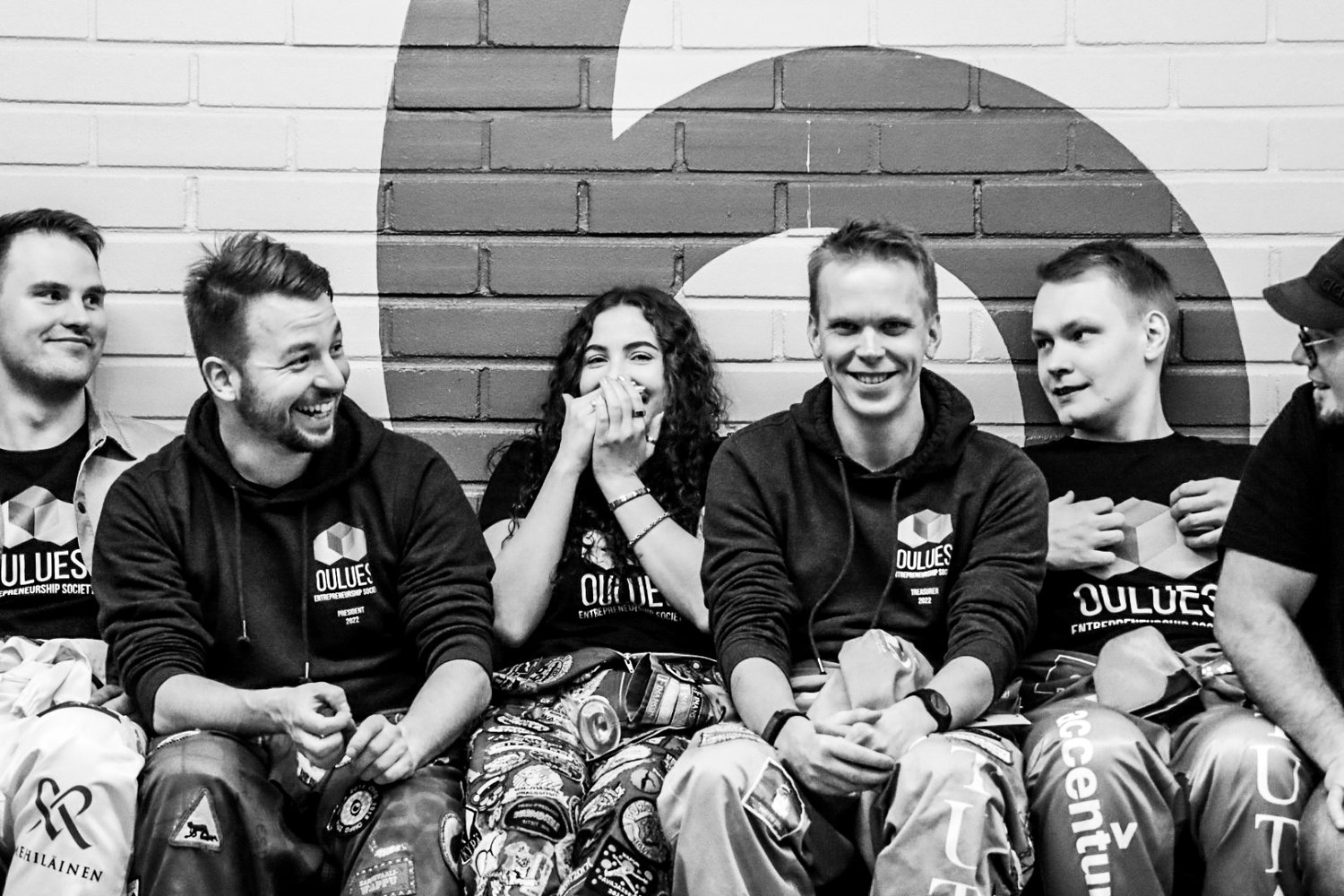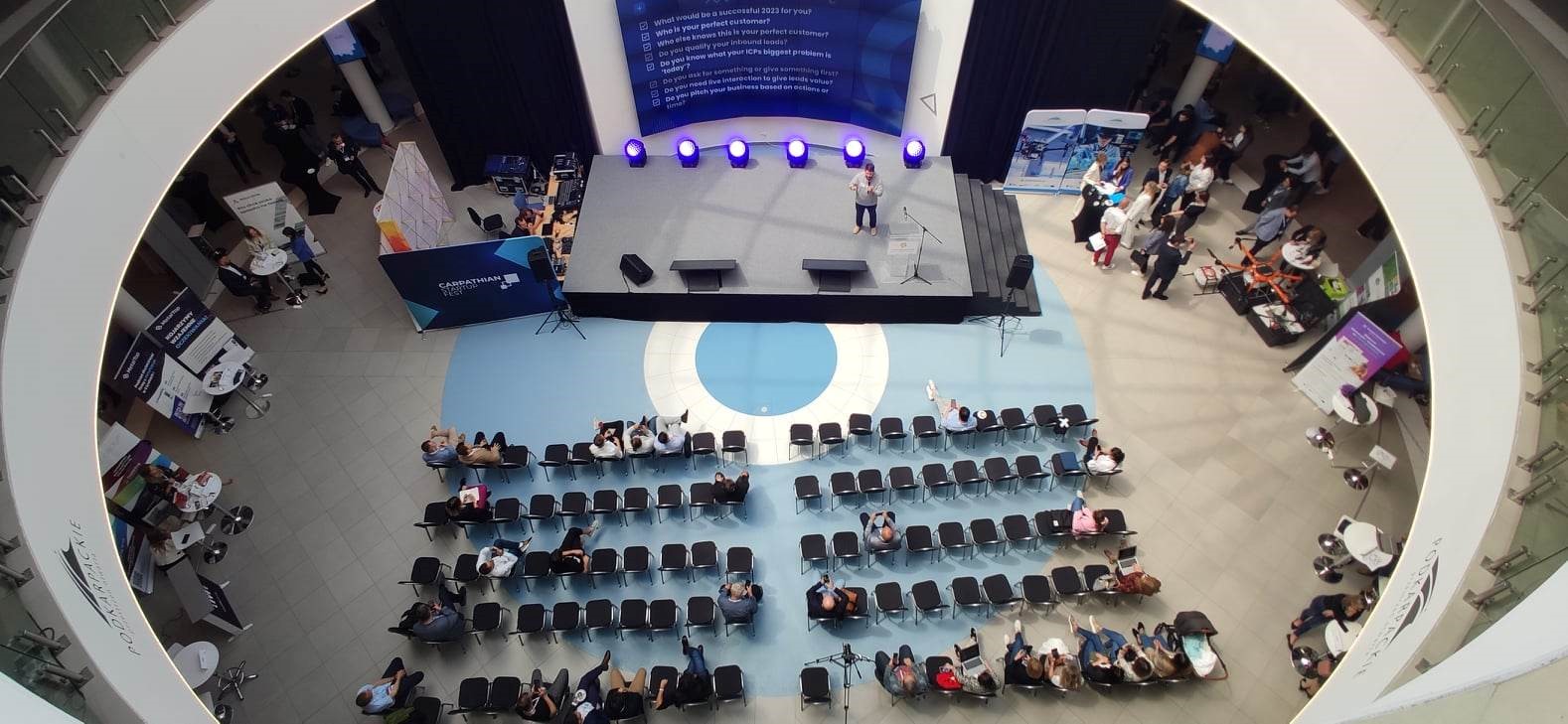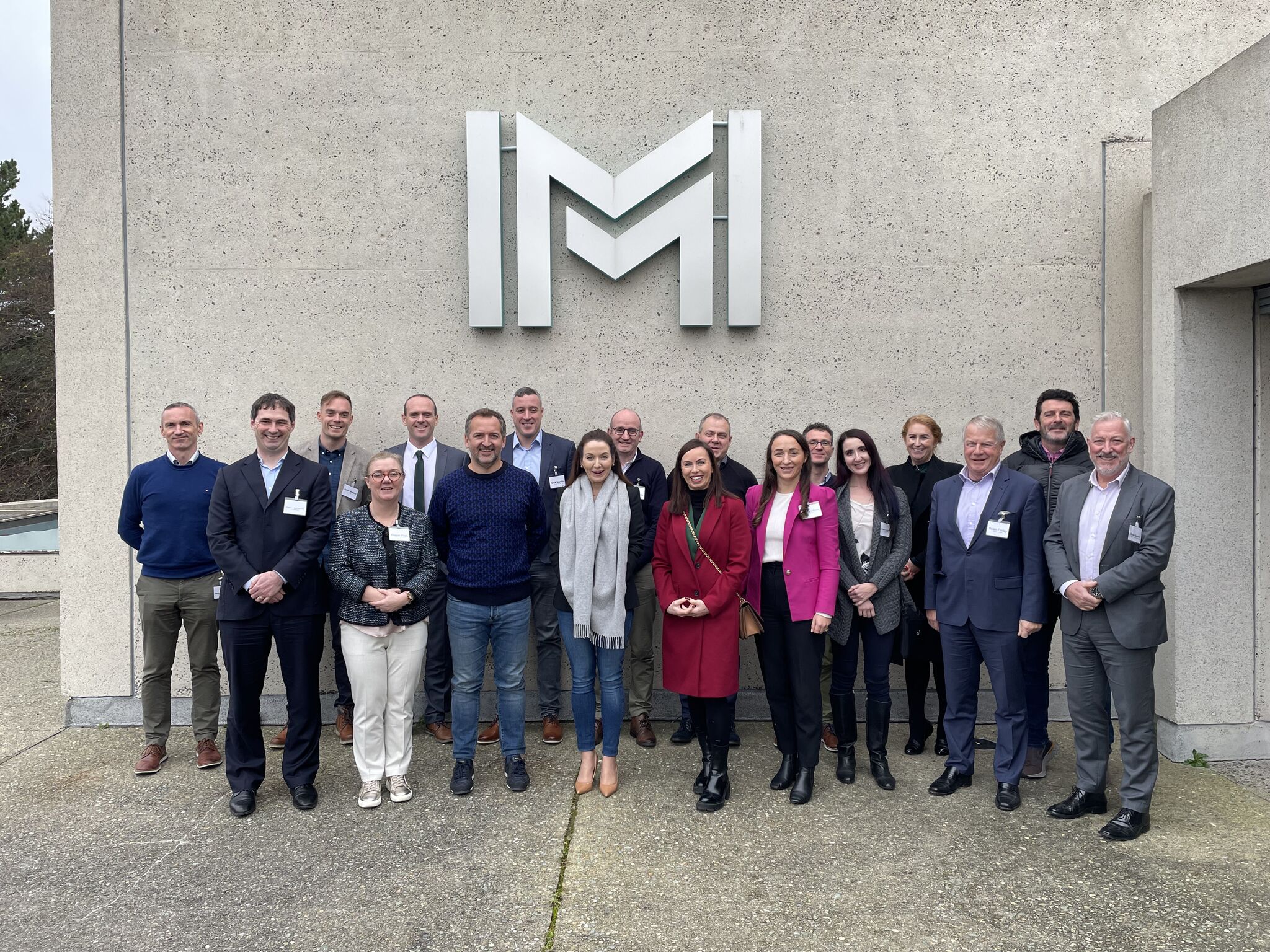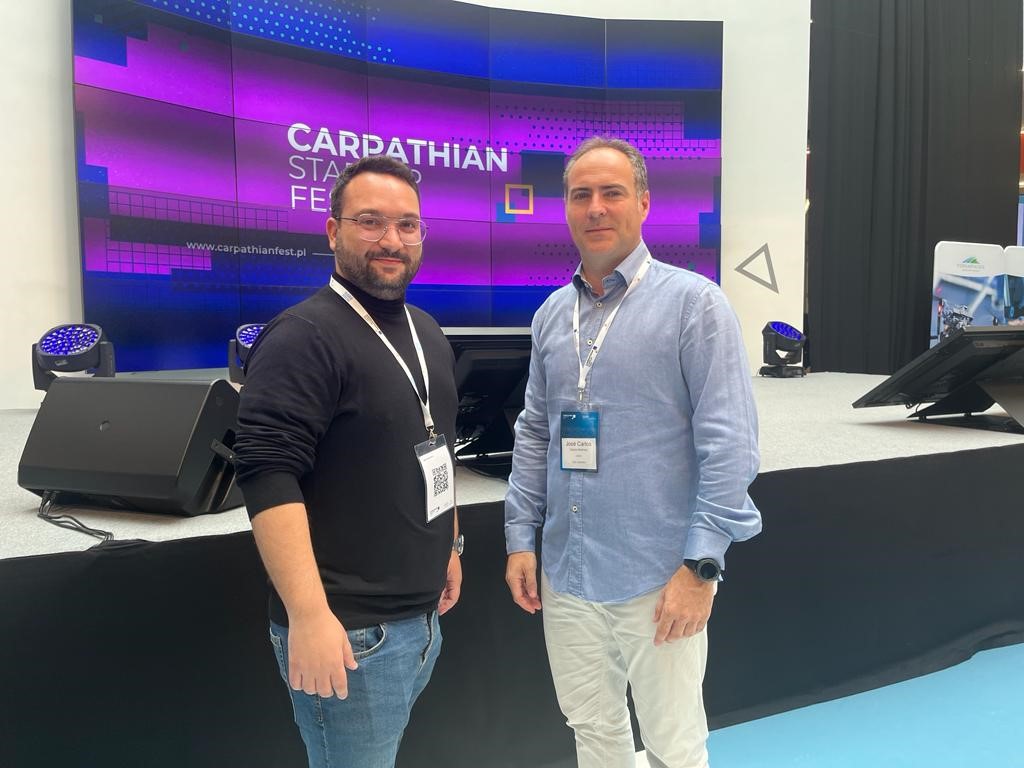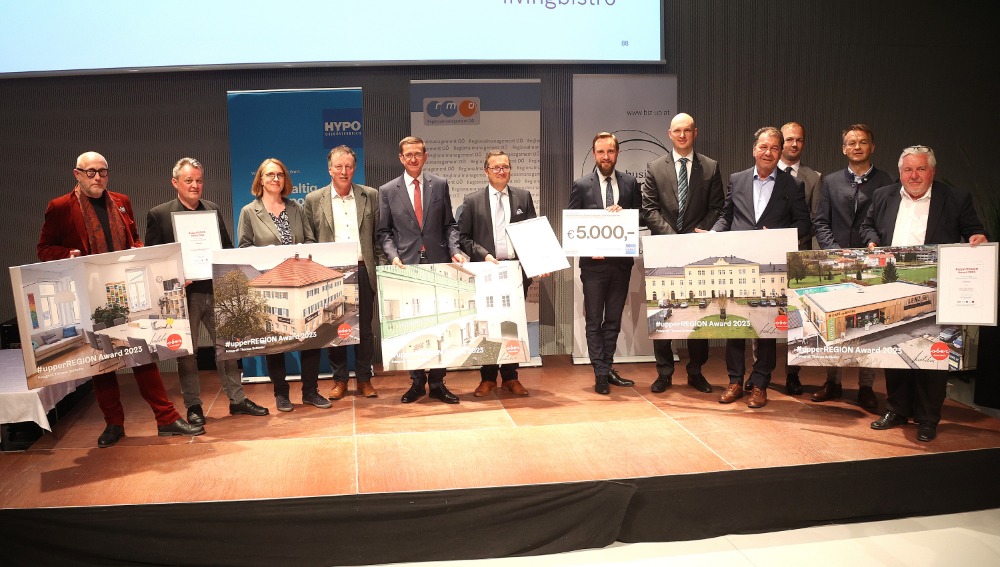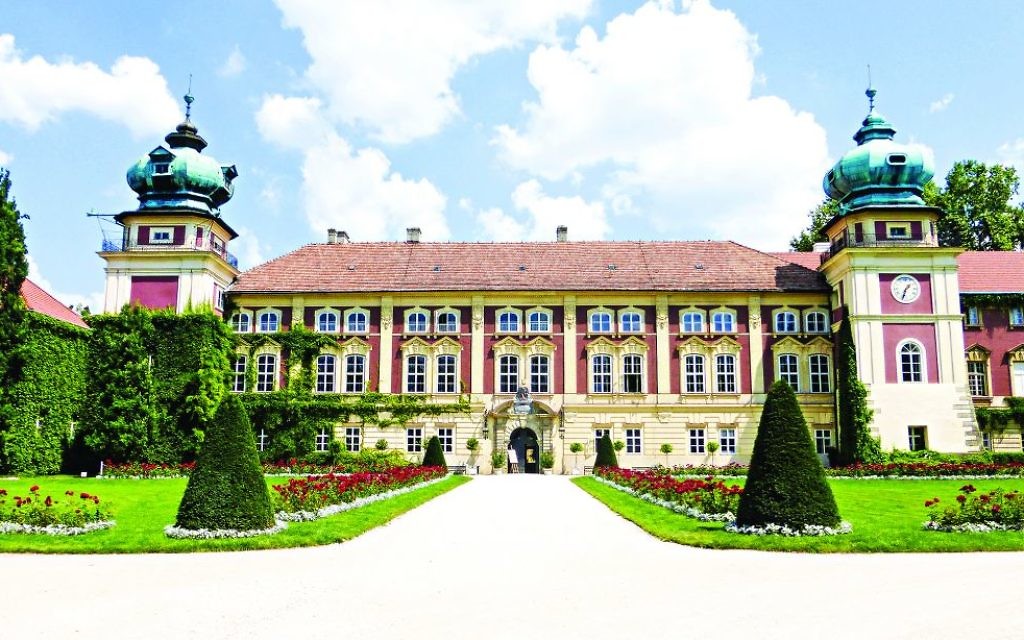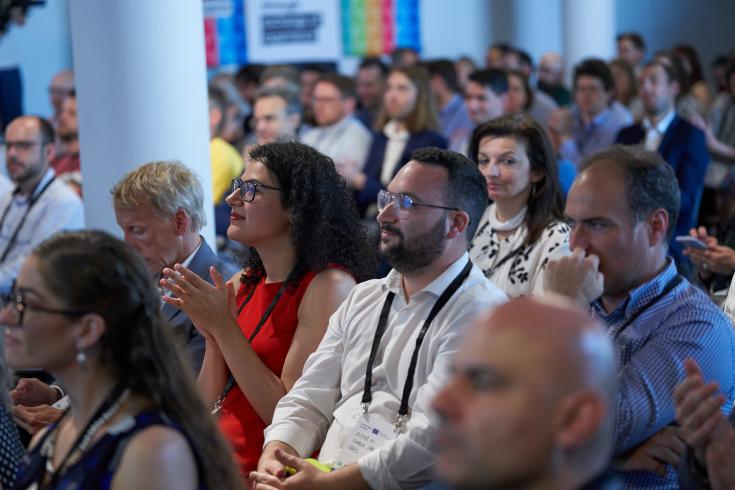Dr John Hobbs, Project Co-ordinator of the Interreg Europe Foundation project at Munster Technological University, took the opportunity to update the audience at the Foundation Final Dissemination Event in Rzeszow, Poland on the 15/06/23 with progress on the Irish Action Plan.
MTU have been working collaboratively with stakeholder’s Cork County Council, Southern Regional Assembly and Department of Enterprise, Trade and Employment in Ireland to deliver impacts through the Foundation Action Plan approved and published in August 2022.
The policy area focused on an action which sought to support regentrification including retrofit/design and repurposing of facilities to solve the driving need for remote working and promote innovative collaboration in the aftermath of Covid-19. The plan had four sub-actions to support this thematic area.
Action 1.1: Understanding the increased demand and need for remote working in Ireland
This action was to be delivered between August and October 2022, with the report – ‘Demand for Co-Working Spaces in County Cork’ being published on the 15th of Oct 2022.
Action 1.2: Understand the redesign need for such co-working/remote working spaces post covid-19.
Action 1.2 was to be worked on and delivered between the period, September 2022 to June 2023. MTU have worked closely with Cork County Council to provide evidence and support for the design/redesign of repurposed buildings towards Digital, Enterprise or Creative Hubs, as part of applications for capital support via the Rural Regeneration and Development Fund (RRDF). Darragh O’Suilleabhain, European Project Officer and Lead within the Economic Development Team at Cork County Council who attended the Foundation Final Dissemination event in Rzeszow notes “whilst MTU’s inputs have predominantly been informal, in a more advisory role due to GDPR and MTU not being formally part of the RRDF application structure. MTU’s support has been invaluable, and there has been good follow up with applicants who have attended the cluster facilitation training also provided through the Foundation Action Plan in Ireland.”
Action 1.3: Utilise clustering as an economic development tool to drive innovation/collaboration in remote working and digital hub facilities.
This action was carried out during September 2022 to December 2022. Dr John Hobbs appointed to the National Steering Committee for the development of a National Cluster Policy in Ireland since 2021 was part of the group who input into the delivery of the ‘White Paper on Enterprise 2022-2030’ in December 2022 by the Department of Enterprise, Trade and Employment. MTU and colleagues in UCC delivered skills training for Cluster practitioners to support the movement of cluster organisation towards sustainable business models, measuring benefits clusters bring, and relating these to broader economic performance and aligning cluster business models government priorities.
Action 1.4: Development of an online booking system for individuals to book a workstation, meeting room or other facilities as part of publicly funded remote working and digital hub facilities.
The goal for this action was to deliver between September 2022 and May 2023. Much work has been completed in this space. Ross Church, Programme Manager for the South-West Regional Enterprise Plan (SWREP), and member of the Foundation project local stakeholder group - worked as part of the working group to develop ConnectedHubs.ie is operated by The National Hub Network.
Working on the Foundation action plan’s implementation in Ireland has opened many dorrs, pathways and new connections to collaboratively deliver impacts. Dr John Hobbs and the MTU project team will continue to work with Cork County Council, Southern Regional Assembly and Department of Enterprise, Trade and Employment in terms of supporting Actions 1.2, 1.3 and 1.4 into the long term as Regional Resilience to industrial change is a multifaceted topic, and it is constantly evolving.
